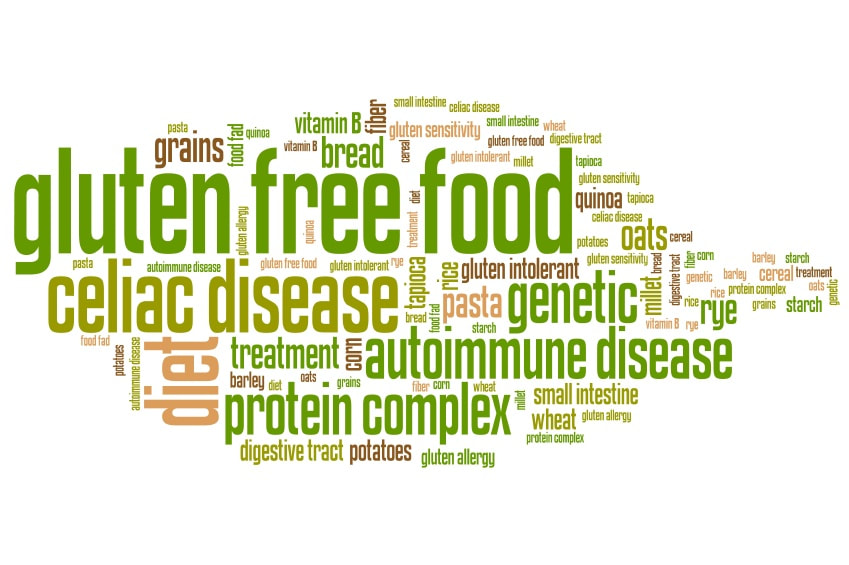|
Celiac disease is an immune reaction to ingesting gluten. Gluten is a common protein found wheat, rye, and barley products. When gluten is ingested by someone with Celiac disease, their body’s immune system attacks their small intestine. This process damages the villi, threadlike attachments to your small intestine that absorb nutrients. Every time someone with Celiac disease ingests gluten, they effectively impair their body’s ability to absorb nutrients. If continued, further consumption of gluten could lead to medical conditions such as Type I diabetes, malnutrition, infertility, miscarriage, neurological issues, lactose intolerance, and/or cancer. The chance of developing autoimmune diseases if undiagnosed past 20 years old is 34%. Currently, there is no cure for Celiac disease. The most common lifestyle change made by people with Celiac is adopting a completely, gluten-free diet. Even tiny amounts of gluten can trigger irreversible damage to the small intestine.
Stocking your pantry with gluten-free foods would seem like a logical first step, but what happens when you are not capable of having a choice? In fact, 1 in 7 Americans rely on food pantries for their meals. Those that are financially underprivileged often are not able to afford “free-from” groceries. Americans living below the poverty line rely on food pantries for their rations and millions of these people have food allergies/restrictions that comply with their health conditions. When there are no food options suits one’s health conditions, one simply eats what is given to them or doesn’t eat at all. Nourish America believes that we must focus on providing those in need with foods that enable them to thrive. By Sriya Chinthalapudi Edited by Shreya Shivakumar
0 Comments
Leave a Reply. |
Details
Archives
May 2021
Categories |
Powered by
 Create your own unique website with customizable templates.
Create your own unique website with customizable templates.
 Create your own unique website with customizable templates.
Create your own unique website with customizable templates.


 RSS Feed
RSS Feed